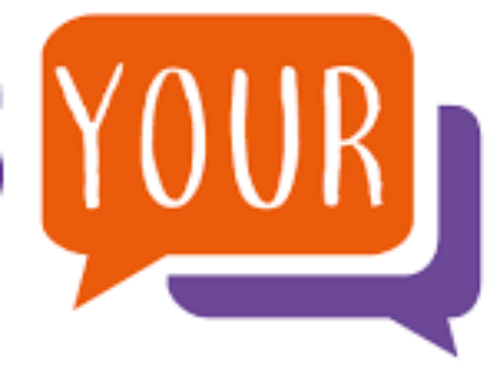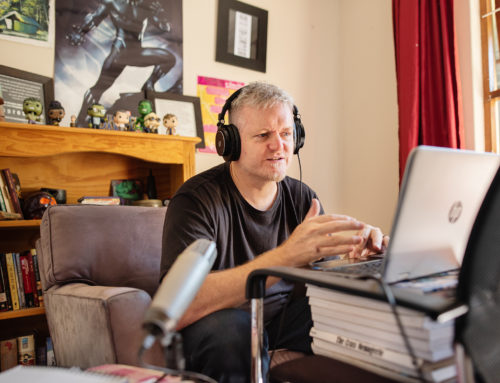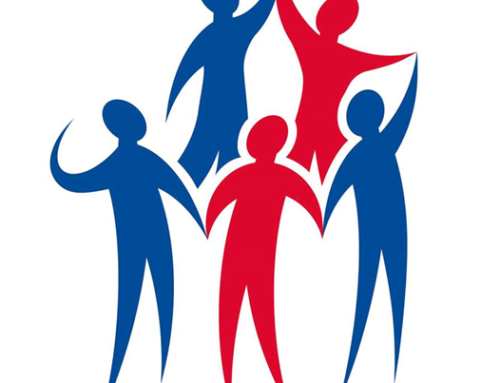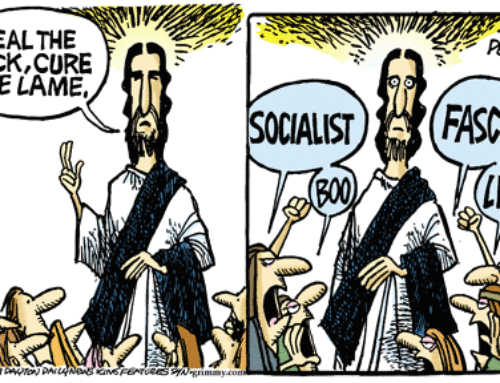Continuing some really helpful conversations surrounding White Privilege and Racial Reconciliation, i was put into contact with Stephanie Ebert who has been doing some master’s research on a related topic.
“I’m a target of crime. I have to leave the country in order to find work. I do not have leaders in government who are my race. When I’m stopped by a cop, they most likely do not look like me. I’m not privileged, I’m a victim.”
These are some of the sentiments that I’ve heard (explicitly or implicitly) and read as I’ve talked with people about the topic of my master’s research, which includes issues of white privilege. Peggy McIntosh wrote an article called “Unpacking the Invisible Knapsack” where she lists all the unrecognized benefits she has as a white person living in America. At first glance, it’s hard to tell if these benefits come from a history (and present reality) that systematically privileges white people, or if they come from being part of a racial numerical majority. (I mean, obviously she’d be able to find band-aids that match her skin colour, if the majority of people buying band-aids have white skin).
In South Africa, white people are a numerical minority, and this means that the way conversations about white privilege happen have to account for the unique situation this creates. When people bring up South African white privilege (like Gillian Schuute’s Mail and Guardian piece) it’s usually met with vehement denial and aggressiveness. Here are a few things I’ve learned this year, that are interesting pieces of the conversation I missed when I was just looking at white privilege in the USA.
White South Africans have experienced a loss in a way that white Americans haven’t. Black people in America got the vote, but white Americans still had/have the political power. They didn’t have to “give anything up” by letting black people vote (this is a complete over-simplification, but, you get the idea).
In South Africa, by giving everyone in the country a right to vote, white people were giving up political power forever—and at the time of the Mandela miracle, some white people didn’t even realize that’s what they were doing, because they thought there would always be a power-sharing/representative government.
So when white people woke up and realized that we’re probably never going to have a white president again, and that our history books, our street names, our monuments are being re-told and re-named, we don’t have the central place in the story anymore—that’s a lot to deal with. When you’re used to being the centre (whether that’s “right” or “wrong”) and suddenly you’re not—that’s a loss. Jonathan Jansen, in his book “Knowledge in the Blood”, (which is about his years as the first black Dean of Education at University of Pretoria, a hard-core Afrikaans university) helped me to understand this. This loss needs to be dealt with. It needs to be acknowledged. It is hard for white people to realize that actually, they are still privileged largely because their feelings of loss are screaming louder than their ability to rationally look at the privilege they do still have.
White people don’t feel privileged because we hang out with white people: The institute for Justice and Reconciliation does a huge survey every year and one of the things they look at is standard of living. There are 10 groups/levels ranging from super poor to very wealthy. In 2013, no white South Africans occupied the four lowest groups, and 73.3 are in the two highest groups. 95% of white South Africans are in the top four groups.
When people of different races were asked to describe their perceptions of how wealthy they are, middle-class black people were most likely to say, “well off’ or “Better than most”, and all white people were most likely to say, “Fairly middling” or “Just scraping by.” I assume this is because middle-class black people have connections with friends and family who are poor (or have recently come from poverty) whereas white South Africans compare themselves with their other white friends or those overseas.
Another one: Statistically, violent crime in South Africa affects poor black people the most, but doesn’t get reported on. So white people read the newspapers and feel that they are special targets of crime, when in fact we (along with other wealthy people in SA) are safer than the majority of South Africans. But, because we’re only talking with our white neighbours who have been hijacked or robbed, rather than our black neighbours in the township, we get this warped view of the world where we think we are special targets.
This makes it hard to talk about privilege, because people’s immediate, lived experience from which they form their understanding of the world is saying , “No, no, I’m a victim.” Because in their experience, they are. They just haven’t been exposed to the realities of other people in our country, so talking about white privilege just doesn’t make sense to them.
Globalization means we’ll probably always be privileged. Let’s take apartheid out of the equation. I’m pretty much a born-free (born in 1990). My parents aren’t even from South Africa originally. So, I could tell people that my education and my place in life didn’t come from any white privilege and think I’m off the hook. But, what this doesn’t take into account is the way that whiteness is privileged world-wide because of the way Western culture gets exported all over the world. I’m a racial minority in this country, 90% of the people here don’t share my race. However:
– I can watch TV and movies and be confident that most of the actors will look like me (and will not be in a culturally stereotypical role).
– I can open a magazine for any major retail shop and the majority of people in the advertisements will look like me.
– I can be confident that my language (English) will be preferenced. I don’t have to bother to learn isiZulu (which is the mother-tongue of the majority of people in my province) because they all have to learn English for school and work.
– I can easily find hair products and band-aids for my skin and hair. In fact, in major grocery chains, sometimes the hair products for black people are in a separate aisle marked “ethnic hair care”—white hair is set as the norm. (So weird?!)
– If I’m ever in situations where I feel like a spectacle because white person, (for example, township kids wanting to touch my hair) it’s not usually like, “Oh that’s so weird I have to check that out” it’s like, “Oh, I wish I could be like you”.
Never mind the privileges I still get that are left-overs from apartheid:
– Most of my professors at university look like me.
– It’s easier for me to book holiday accommodation (in a blind audit of South Coast holiday accommodation last year 1/3rd of the time black people were denied accommodation based on their race).
– I have networks and friends that I went to school with whose parents all own business or run businesses—I will always be able to get an internship or low-paying job through them.
– I can do weird things and people don’t put it down to my race (for example, I can dig through the recycling centre drop-off to get cardboard for projects, whereas my black friends would be chased away for loitering).
The Class thing: So, there is a growing black middle class, and many academics would argue that the biggest injustices in our country are against the poor (because they are poor, not because they’re black) and don’t have as much to do with race anymore. There is an argument that focusing on race “makes everything a race issue” and distracts us from mobilizing along class lines. This is true, and I get it. But I think the above examples show that there is still a racial element to the injustice that happens in South Africa, and we still need to talk about race and privilege because it’s there.
[For more from Stephanie, make sure you check out her blog, Bridging Hope]
[For the piece i wrote on White Privilege, click here]







I love this!!!! Beautiful! Thanx Stephanie!!!!
[…] To read the rest of this article, head on over… […]
[…] Exploring White Privilege – some helpful outside perspective thoughts on South Africa from someone studying these things […]
[…] [To hear from someone outside South Africa's perspective on White Privilege, click here] […]
YES thank you so much!!
I have really struggled to understand how whites can cling to a victim mentality (even though I was aware of all the facts you cited) and your explanation of this experience of loss is incredibly helpful, thank you so much!
Yay! Thankx for stopping by Cara and glad you found this helpful. Please share this via your social media so we can get more people involved and engaged in this important conversation.
Brilliant as always!!! <3